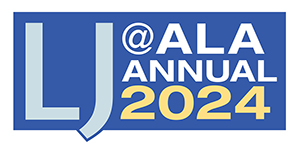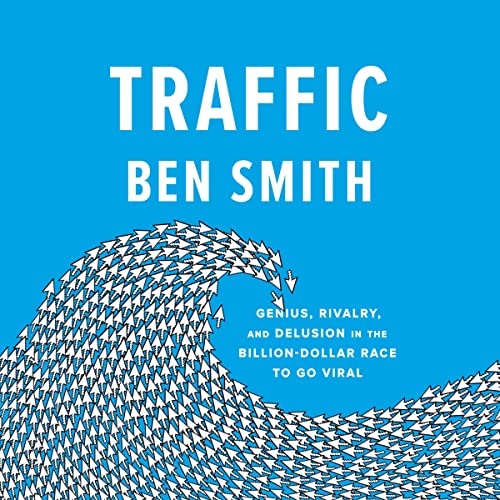Technology
FEATURED STORIES
ALL TECHNOLOGY COVERAGE
This thorough narrative rethinks the digital divide from the lens and considerations of race and place. It’s sure to inform debates and directions in public policy, industry, and civil society, including libraries.
A sound and valuable thesis with many insights for readers interested in improving information literacy and returning to a pre–fake news era.
This book about AI and its future contains complicated technical and philosophical concepts, but general readers, researchers, and tech professionals will find it thought-provoking.
PREMIUM
The Afterlife of Data: What Happens to Your Information When You Die and Why You Should Care
Best for readers curious about artificial intelligence, internet history, ethics, or sociology.
A fascinating tale about NFTs, the art market, and investment for curious readers who have a solid understanding of how crypto and finance work.
A loud and clear call to action regarding AI’s future, which is put into perspective by probing the history of three other major technological innovations, not a book about AI’s day-to-day utilization.
A good, thought-provoking acquisition about the deep changes that robots could bring to society. For technologically aware patrons.
Ideal for internet-culture aficionados as well as listeners interested in insider peeks at dot-com businesses of the recent past.
45 articles
ALREADY A SUBSCRIBER? LOG IN
We are currently offering this content for free. Sign up now to activate your personal profile, where you can save articles for future viewing












